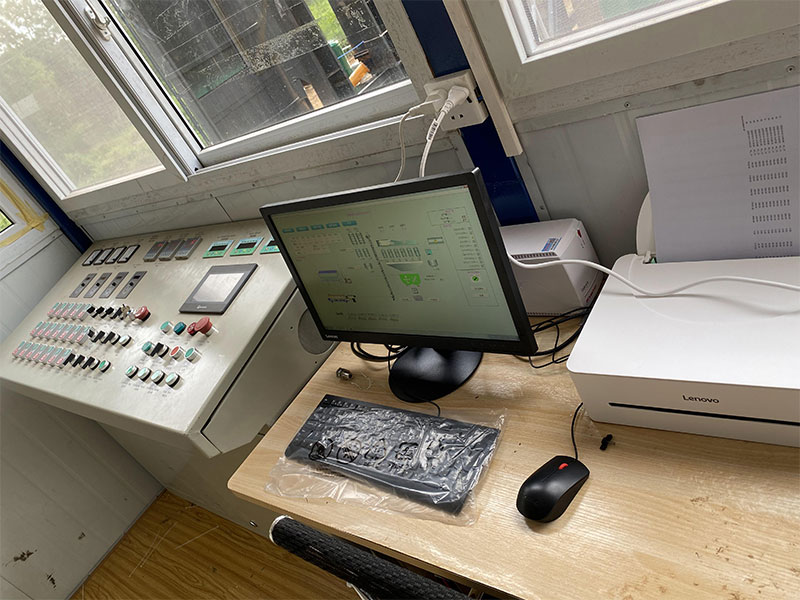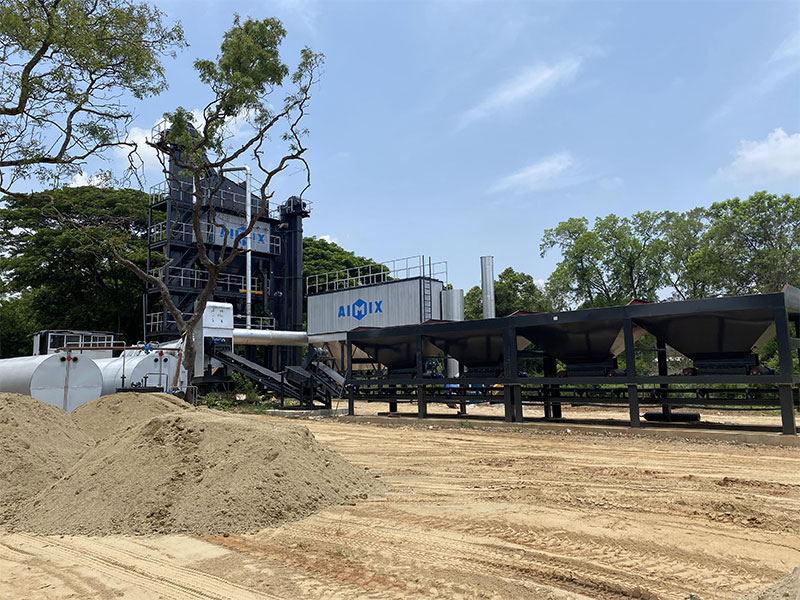In the ever-evolving landscape of road construction, innovation plays a pivotal role in shaping the industry’s future. As urbanization and infrastructure development continue to surge, construction companies face growing challenges in meeting demands for better roads, faster completion times, and environmentally conscious practices. Among the revolutionary solutions transforming the asphalt production process is the mobile asphalt plant. Unlike traditional stationary plants, these mobile units offer a plethora of advantages that can redefine how we approach road construction. In this article, we will explore the unique angle of embracing mobile asphalt plants and how they pave the way for a more efficient, sustainable, and future-ready construction industry.
Adapting to Dynamic Project Demands
In the world of construction, no two projects are ever the same. Every location comes with its unique set of challenges, including varying terrain, accessibility issues, and specific asphalt requirements. Mesin mobile asphalt mixing plants thrive on adaptability, enabling construction companies to cater to a diverse range of project demands with ease. Whether it’s a road repair job in a bustling city or a remote infrastructure project, the mobility of these plants allows contractors to produce high-quality asphalt directly at the site. This flexibility not only reduces transportation costs but also minimizes delays, giving construction teams the power to respond quickly to any unforeseen changes that may arise during the course of the project.
Empowering Rural Infrastructure Development
In rural and underdeveloped regions, building and maintaining reliable road networks can be a challenging task. Lack of accessible infrastructure, limited resources, and distance from asphalt suppliers can significantly impact project timelines and budgets. By investing in mobile asphalt plants, construction companies can extend their services to remote areas, accelerating rural infrastructure development. The ability to produce asphalt on-site eliminates the need for long transportation routes, effectively cutting costs and making these projects more economically viable. As a result, communities in rural areas can experience improved connectivity and a better quality of life.
Sustainable Solutions for a Greener Future
The construction industry’s environmental impact has been a growing concern in recent years. As public awareness about sustainability rises, companies face increasing pressure to adopt eco-friendly practices. Mobile asphalt plants address these concerns by integrating sustainable features into their design. Many modern units are equipped with innovative recycling technologies that allow for the incorporation of reclaimed asphalt pavement (RAP) into the mix. This not only reduces the need for new raw materials but also lessens the environmental burden of waste disposal. Additionally, mobile plants often utilize energy-efficient burners and advanced emission control systems, contributing to reduced greenhouse gas emissions and better air quality. Like a jual asphalt mixing plant Indonesia, it has many good advantages.

Unlocking Efficiency and Productivity
Time is a valuable resource in the world of construction, and mobile asphalt plants are designed to optimize it. The quick setup and installation process mean that production can commence promptly, leading to faster project completion times. Moreover, these plants come equipped with cutting-edge automation and monitoring systems, allowing for precise control over the asphalt mix and production process. As a result, the risk of errors and material wastage is minimized, enhancing overall efficiency and productivity on the job site. With streamlined operations and increased throughput, construction companies can take on more projects, bolstering their reputation and profitability.
Supporting Disaster Response and Emergency Repairs
Natural disasters and emergencies often leave roads and infrastructure severely damaged. In such critical situations, rapid response and timely repairs are crucial. Amp mini aspal excels in disaster response scenarios, enabling construction teams to produce and lay asphalt on-site, even in areas with limited resources. By swiftly restoring essential road networks, mobile asphalt plants play a significant role in facilitating disaster recovery and relief efforts, improving the overall resilience of communities in the face of adversity.
Conclusion
Mobile asphalt plants represent a game-changing innovation in the construction industry, redefining the way we approach road building and infrastructure development. With their adaptability, sustainability, and efficiency, these mobile units empower construction companies to tackle diverse projects, from urban roadworks to rural infrastructure development. By embracing this cutting-edge technology, the construction industry can not only enhance productivity and profitability but also demonstrate its commitment to a greener and more sustainable future. As we pave the way forward, mobile asphalt plants stand as a testament to the transformative power of innovation in shaping a better world.
